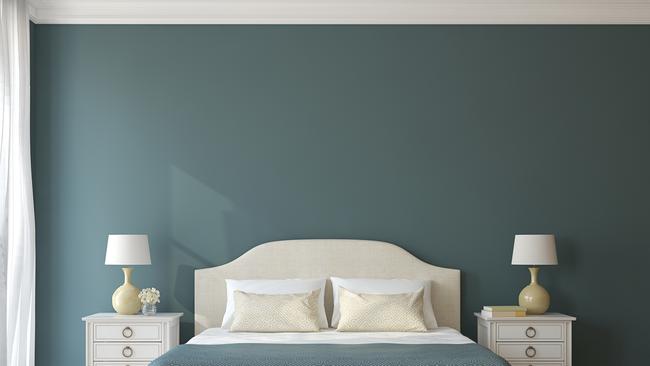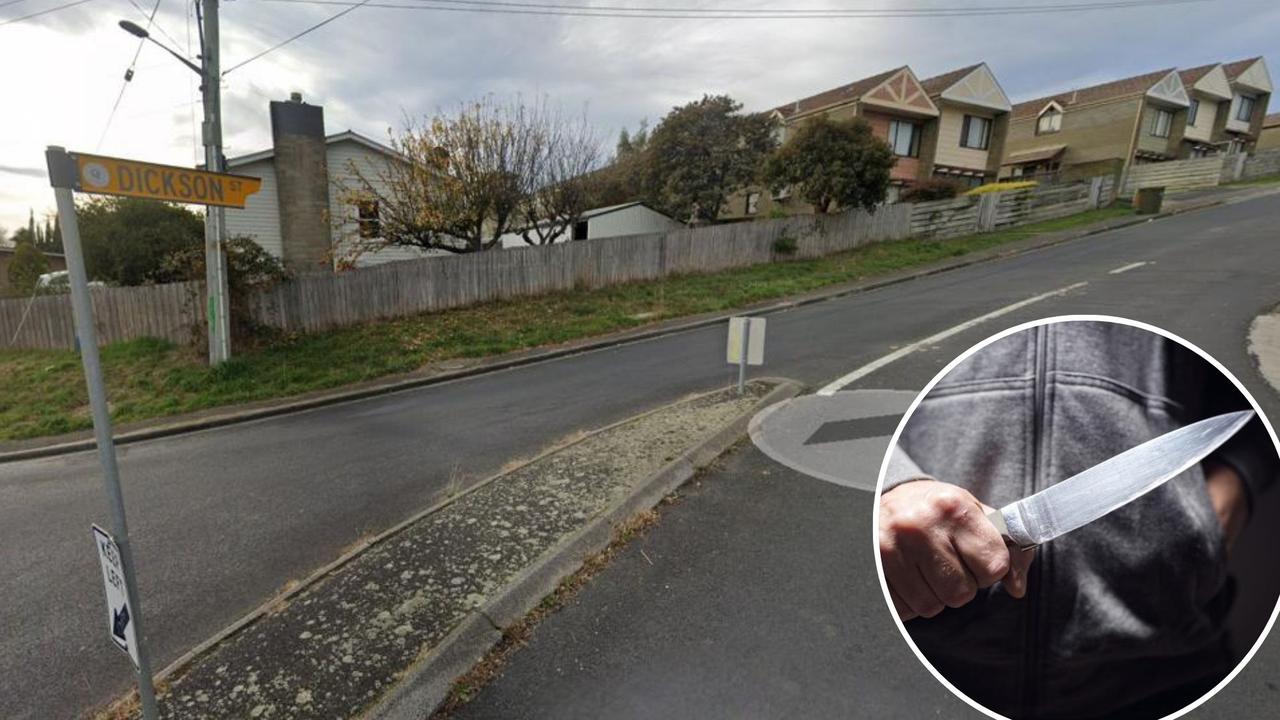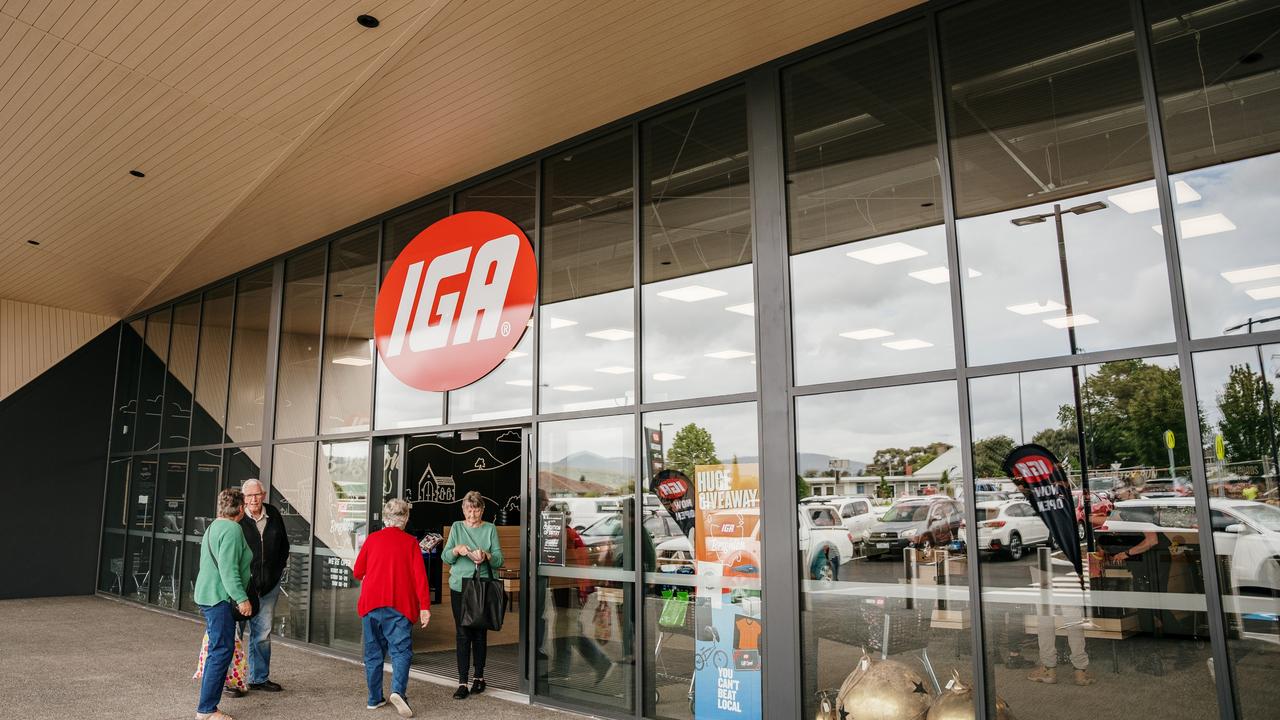Concession bid for small Airbnb operators
TASMANIAN tourism and hospitality chiefs have backed away from moves to force mum and dad accommodation providers to pay for operating permits.

Tasmania
Don't miss out on the headlines from Tasmania. Followed categories will be added to My News.
TASMANIAN tourism and hospitality chiefs have backed away from moves to force mum and dad accommodation providers to pay for operating permits.
In a shock move, the Tourism Industry Council Tasmania and Tasmanian Hospitality Association have come up with a permit model to satisfy amateur accommodation providers, businesses and, they hope, local councils. Their solution is to allow “mum and dad Airbnb operators” to operate in a non-regulated environment, but those who operate Airbnb as a business should apply for the same permits as other accommodation providers.
“It’s a win-win for both sides,” TICT chief executive Luke Martin said.
“Deregulate for genuine homestays, but if you are listed as a business and paying tax against it, you must have a permit,” he said.
The Tasmanian Hospitality Association and the Tourism Industry Council of Tasmania had argued an unregulated industry was unfair to accredited businesses which must comply with extensive regulations.
A 2016 Tasmanian Planning Commission consultation on new state planning provisions proposed extending the non-permit period from 30 nights to 42 nights for Tasmanians renting out properties on Airbnb. The homestay rule is 30 days before owners must apply for a local council permit.
Airbnb’s head of public policy in Australia and New Zealand Brent Thomas welcomed the TICT and THA’s move.
“We are continuing to work with the Tasmanian Government to pursue fair home sharing rules that allow more people to monetise their extra space,” Mr Thomas said.
The draft SPP report and recommendations are on the desk of Planning Minister Peter Gutwein, who is expected to announce the overhaul in the New Year.
In its 18-page submission to the Planning Commission, Airbnb said it was a “right” for people to share their property with a paying guest.
“The state would benefit from following the lead of other jurisdictions around the world who, like Tasmania, also have strong tourism industries and have legislated to permit home sharing of primary places of residence without limitation,” the submission reads.
Mr Martin said a survey in November found more than 60 per cent of 600 TICT-accredited, self-contained and hosted accommodation businesses were listed on Airbnb.
“These small business owners said they want an even playing field and for all accommodation businesses listed on the service to be held to the same standards.”
But Mr Martin said there was “a clear difference” between pensioners who rented their spare room or homeowners who leased their home when they were away and people who had bought or built a property to list on Airbnb.
THA general manager Steve Old said the hospitality sector wanted to accept Airbnb was “fair dinkum about the sharing economy and the mums and dads who are a part of it” but investment property owners needed to pay the same as accommodation providers.
“We recognise people who let a room at Airbnbs in Battery Point still contribute to hospitality by going out to restaurants and pubs,” he said.
A State Government spokesman said it was working “with both existing accommodation providers and providers such as Airbnb and is confident of a balanced outcome soon”.
Airbnb listings in Tasmania grew from 2000 to 3000 this year. About 10 per cent of visitors to Tasmania use Airbnb.


